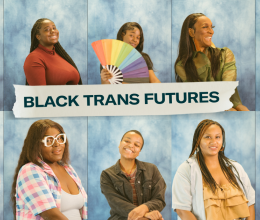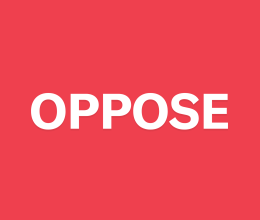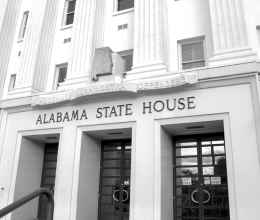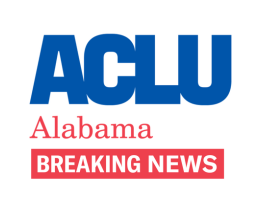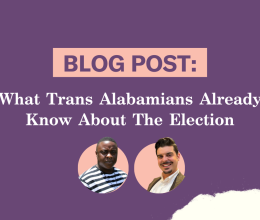
Darcy Jeda Corbitt is a co-plaintiff in Corbitt v. Taylor. She is the President and CEO of Darcy Jeda Corbitt Foundation and is completing doctoral work in Human Development and Family Studies at Auburn University.
This March, I will celebrate the seventh anniversary of beginning my journey to becoming Darcy. It has been a journey fraught with heartache, from having to leave college due to discrimination, to strained relationships with family members, to the loss of friends and partners. Even so, it has also been a journey of great joy: of discovering the unique and rich facets of my identity, of finding true acceptance and love in genuine friendships, and in religious community with true followers of Christ’s teachings.
As part of that faith, I sincerely believe in the fundamental goodness of all people. However, in my experience, while people are fundamentally good, fear and ignorance often turn against this fundamental goodness and manifest themselves as cruelty. As a transgender woman, I have been on the receiving-end of human cruelty many times, in both Alabama and in North Dakota. This cruelty has ranged from microaggressive comments about how people “wouldn’t have known I was transgender” or comments about my appearance and voice, to more overt discrimination in employment and in literal threats of violence and death. One of the most traumatizing examples of this cruelty came in the form of the actions of the clerk at the Opelika office of the Alabama Law Enforcement Agency (ALEA) Driver’s License Division.
When I initially arrived at the office, the clerk treated me warmly. But when she saw the record for my old Alabama license, everything changed. She became cold and dismissive, abruptly switching to using male pronouns for me, both to my face and to state officials, where she had previously used female pronouns—and despite admitting she should “probably call me she.” The most psychologically devastating moment came when she moved to calling me “it.” Her actions are not an isolated incident of one person’s behavior causing harm. They reflect a larger culture of transphobia at ALEA, and should be repulsive to any person with any vestige of principles or decency.
This treatment isn’t just cruel or insensitive: Policy 63 has very real implications for my safety and psychological well-being, as well as very real implications for the thousands of transgender persons in this state. ALEA has forced me into precarious legal, philosophical, and moral situation. My United States passport and North Dakota driver’s license correctly reflect my gender as female. However, when coupled with a driver’s license from the state where I live and study that does not correctly represent who I am, as opposed to the reality of the way people perceive me, it is very impractical for me to navigate our increasingly security-conscious society. The state, through ALEA, has decided it is entitled to define, dictate, and regulate my identity to me. Accepting the State’s inaccurate and bigoted definition of my identity would make me complicit in their problematic legal and philosophical boondoggle.
Equally distressing are the moral implications: Policy 63 requires me to reject my own dignity and worth as well as the dignity and worth of every transgender person in this state. At my baptism in the Episcopal Church, I pledged before God and with my religious community to “strive for justice and peace among all people and respect the dignity and worth of every human being.” It is a mandate that is etched upon my heart and is the driving force behind everything that I do.
This pledge moves me to stand up and speak out for those transgender people who cannot. I’ve done this at every opportunity: working collaboratively toward policy change with state and local governments and public and private institutions, including at my alma mater, Auburn University; speaking around the country, conducting workshops and community education, and using the money I received from speaking and consulting to establish a 501c3 public foundation to promote the health and wellbeing of transgender. In each of these experiences, I have seen the depth and multidimensionality of human cruelty. Yet, every act of social and physical violence against me and my transgender loved ones does more to strengthen my resolve to make the world a safer, more affirming place for transgender people.
I see no recourse other than to stand up against Policy 63, to hold this state accountable. I call upon ALEA to work with the transgender community to make their policies and practices more equitable and in adherence with the recognized best practices of every major medical and psychological organization in the country—including the American Association of Motor Vehicle Administrators. I call upon other transgender people in the State of Alabama, and in their own states, to join me and add their voices and stories to our fight, so that we can, together in dignity, justice, and courage, make our communities safer, more equitable for all people.
This op-ed was originally posted on AL.com.

